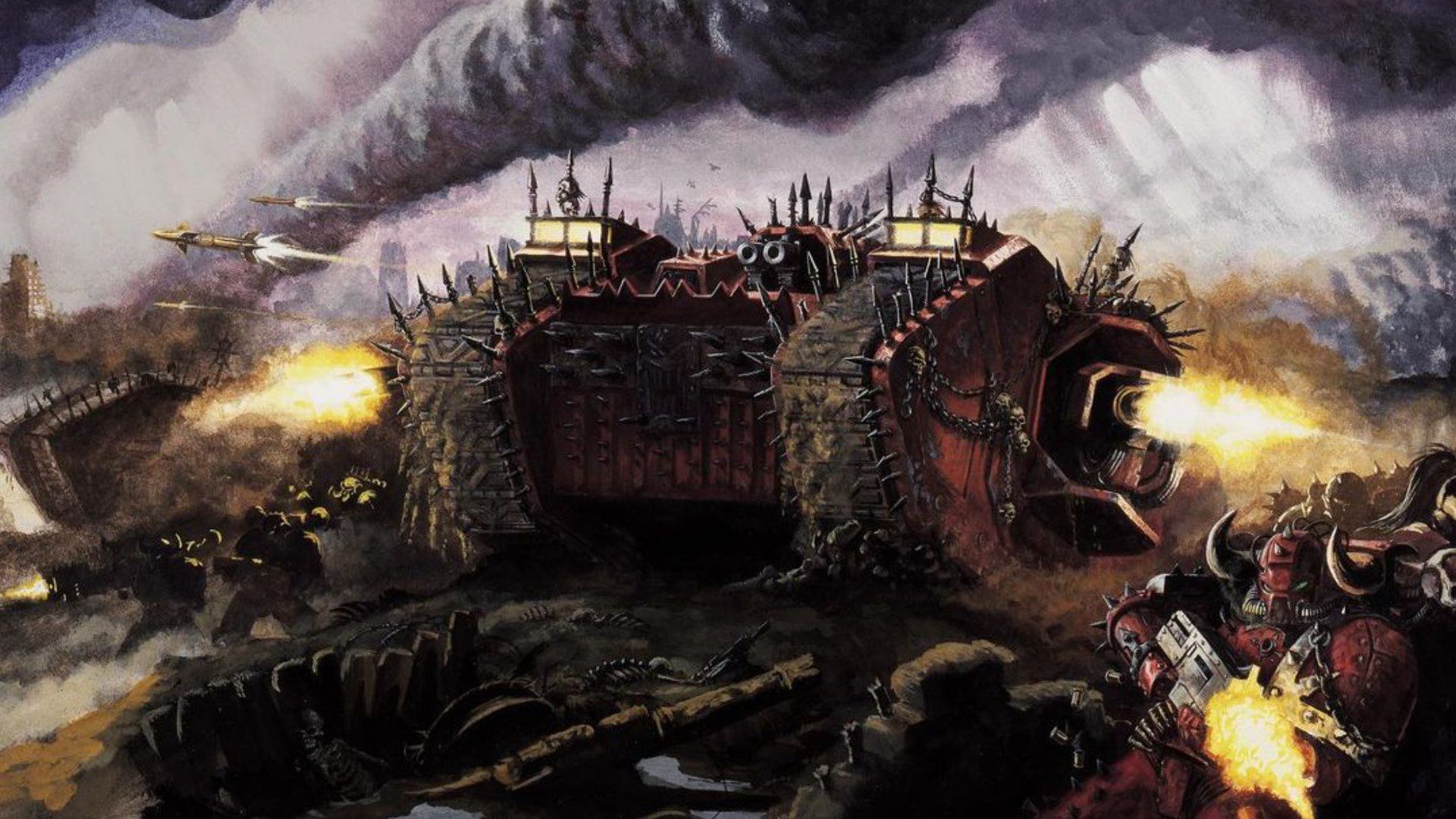
Shin Ultraman was reviewed out of Fantastic Fest. It does not yet have a North American release date.
Shinji Higuchi and Hideaki Anno once again reimagine a beloved ‘60s Japanese tokusatsu franchise with Shin Ultraman. It feels like a spiritual successor to DAICON Film’s Return of Ultraman, capturing what makes the franchise special and endearing while remixing lore and characters from across the decades. Whether you’re a longtime Ultraman fan, want to know where Anno got all his ideas for Evangelion from, are looking for a follow up to the excellent Shin Godzilla, or simply want to see a silver giant man fight some monsters, this is a spectacular superhero film.
For the uninitiated, Ultraman follows an alien being who comes to Earth to defend the planet from all sorts of cosmic threats, usually with his special energy beam that is fired by crossing his hands. Shin Ultraman essentially reimagines the franchise with a new entry point for both longtime fans and newcomers, much in the same vein as Shin Godzilla, which pulled from every corner of Godzilla while updating the original concept for the modern era. The 112-minute Shin Ultraman basically plays out as four episodes of a TV show, each building into the next and each with its own monster, themes, and climactic fight, starting with the introduction of kaiju to Japan — apparently the only place on earth they like showing up in.
Much like Shin Godzilla, and, well, the original Ultraman show, the focus is on the human observers on the ground rather than the stoic silver giant. The SSSP (S-Class Species Suppression Protocol) agents are the ones making plans to defeat the kaiju and, once Ultraman appears, plans on how to help him, if they even should. Unlike Higuchi and Anno’s previous Shin entry, however, which focused on the larger idea of the overall government reaction, Shin Ultraman has clear and very well-defined characters. Analyst Hiroko Asami (Masami Nagasawa), in particular, becomes a key figure as she strikes a bond with the silver hero.
Expect a rather dialogue-heavy film in Shin Ultraman, as Anno replaces the rapid-fire government titles and committee names from Godzilla with similarly rapid-fire technological and pseudo-science talk about kaiju physiology, rare sci-fi elements, and philosophical conversations about humanity. Thankfully, Hugichi keeps the pace brisk and the visuals engaging by channeling Anno’s penchant for obtuse angles, sometimes making it feel like we’re watching a found-footage movie made up of surveillance cameras rather than a conventional narrative film.
But enough about the human stuff; we’re here to see a tokusatsu movie about a giant silver man shooting beams out of his hands, dammit! In that regard, Shin Ultraman succeeds with flying colors. Granted, if you had to use one word to describe this movie, it’d be “silly.” Not in a goofy or campy way, mind you, but in the same way something like SSSS. Gridman (itself a reinterpretation of another Ultraman-adjacent franchise) or even Guillermo del Toro’s Pacific Rim is silly. This translates to a film that is colorful and earnest, one that knows exactly what it is about and doesn’t hide it, embracing the pure joy of seeing a giant humanoid superhero punch the crap out of a giant alien monster.
Higuchi’s career as a storyboard artist and special effects wizard is definitely visible here, which manages to make the computer-animation look convincing even as most of the action takes place during daylight. Most impressive is how much the computer-generated motion capture looks like it was actual people in practical suits, especially Ultraman himself (which is at times played by Anno himself in a full-circle moment), while every single creature design is based on original concept art from the shows by the late Tohl Narita that give it a feel of both familiarity and freshness. That being said, there are practical effects too, from miniatures to even a few shots that look like they just moved an action figure around with wires. This makes Shin Ultraman feel like the perfect blend between giant blockbuster spectacle and a DIY fan film only two longtime enthusiasts like Higuchi and Anno can give this franchise.
Anno’s script manages to keep the sense of optimism and heroics of the original shows while interrogating their space in modern times.
In retrospect, making a new Godzilla movie that comments on the government’s response to the 2011 Tōhoku earthquake and tsunami seems like a no-brainer, but updating the relentless optimism of ’60s Ultraman in 2022 is no easy task. Thankfully, Anno’s script manages to keep the sense of optimism and heroics of the original shows while interrogating their space in modern times. Shin Ultraman explores how quickly we tend to turn on our heroes, our own dependence on gods or mythical figures to save us, and more, while still focusing on human ingenuity and hope. By the time Ultraman does his Rise pose, it is as much fan service as it is a moment of sheer triumph for the character, and it’s easy to get caught up in the emotions of the moment.
For fans of Anno’s work, Shin Ultraman may be one of his most essential projects in years (at least until Shin Kamen Rider is released next year). You can see how much this franchise and this character influenced what Anno did on Neon Genesis Evangelion, from visual cues and plot points to themes and tone. It helps that Shirō Sagisu returns to score this film, having also scored both Shin Godzilla and Evangelion, bringing it all full circle.
Shin Ultraman may not be the international hit that revitalizes a franchise quite like Shin Godzilla was, nor should it be since Ultraman was never as big globally as the king of monsters was. What makes this project special is how much love for the character there is on screen. Even if you don’t know anything about Ultraman, there’s palpable joy and reverence in every single frame. As a superhero film, it’s energetic and uplifting, but as an Ultraman movie, it manages to make the 56-year-old franchise feel fresh and exciting.







